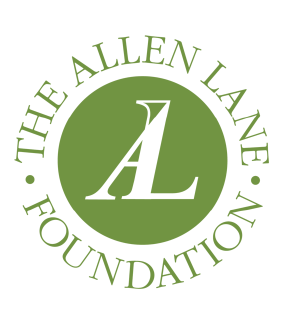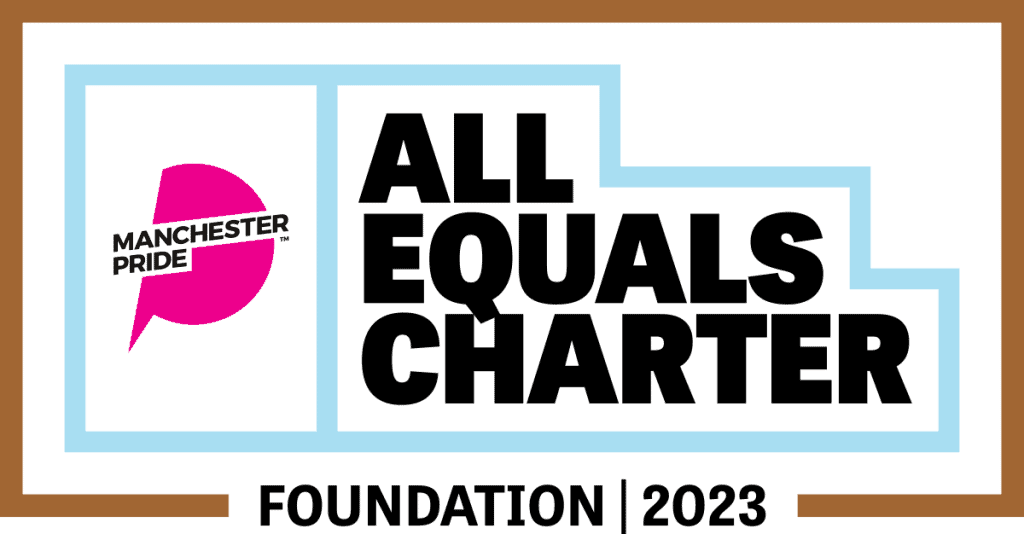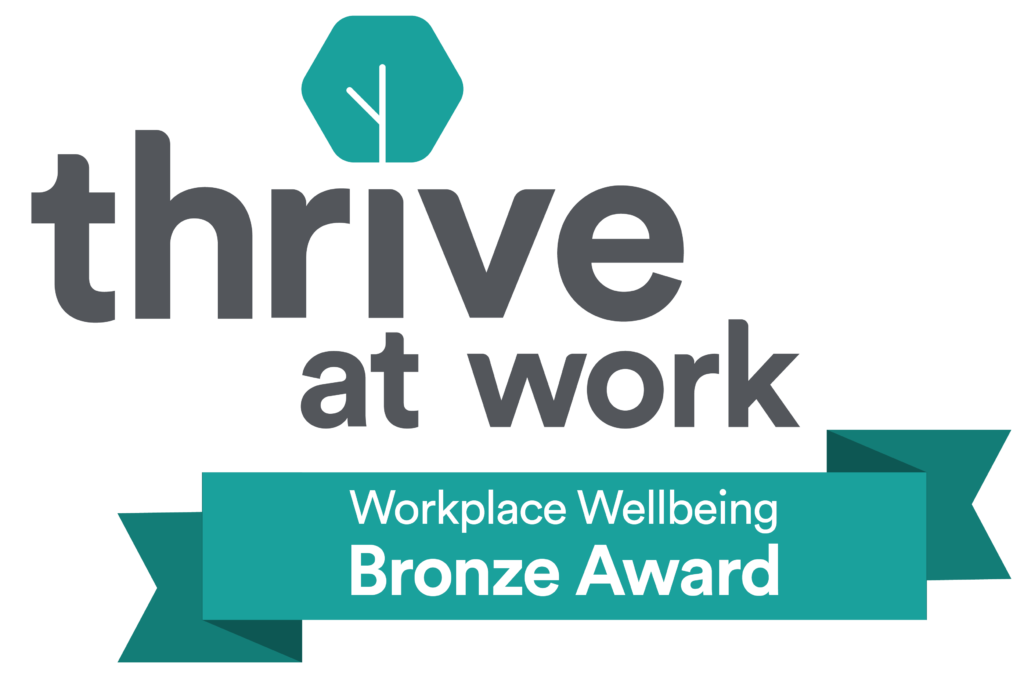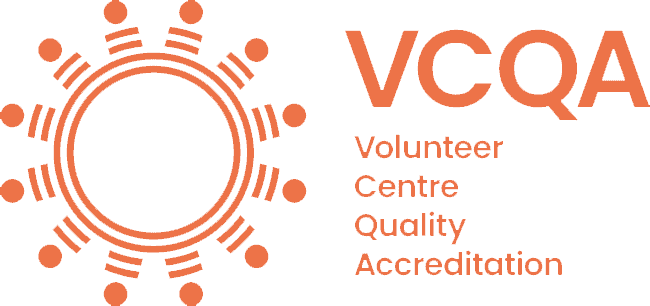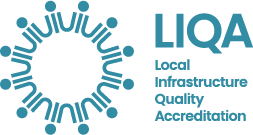Grants are available to small registered charities, voluntary groups and charitable organisations in the UK for work that makes a difference to people’s lives as opposed to simply alleviating the symptoms or current problems and should aim to reduce isolation, stigma and discrimination.
The Foundation makes single grants, or grants split over two or three years.
One-off grants of between £500 and £15,000 are available. The average grant is between £5,000 and £6,000.
Grants repeated for more than one year vary from around £500 per annum up to £5,000 per annum, for a maximum of three years.
Small registered charities, voluntary groups and charitable organisations in the UK can apply.
Registered charities are eligible to apply as well as other organisations which are not charities, but which seek funding for a charitable project. This could include, for example, constituted voluntary groups or Community Interest Companies (CICs).
To make sure its grants have an impact, the Foundation will not fund larger organisations. If an organisation works in a relatively local area – a village, or estate or small town – to be eligible it will have an income of less than about £100,000. At the other end of the spectrum, an organisation which works across the whole of the UK will be eligible if it has an income of not more than about £250,000.
To be eligible, the work must directly benefit adults from the following groups, or generalist work which includes significant numbers from more than one such group:
- Asylum seekers and refugees (but not groups working with a single nationality).
- Gypsies and Travellers.
- Offenders and ex-offenders.
- Older people.
- People experiencing mental health problems.
- People experiencing violence or abuse
- Young People (people aged approximately 12-21 from across a broader range of backgrounds).
The following types of activities are eligible for support:
- Provision of advice or information.
- Advocacy.
- Arts activities where the primary purpose is therapeutic or social.
- Befriending or mentoring.
- Mediation or conflict resolution.
- Practical work, such as gardening or recycling, which benefits both the provider and the recipient.
- Self-help groups.
- Social activities or drop-in centres.
- Strengthening the rights of particular groups and enabling their views and experiences to be heard by policy-makers.
- Research and education aimed at changing public attitudes or policy.
- Work aimed at combating stigma or discrimination.
- Work developing practical alternatives to violence
Grants may be used for start-up, core or project costs, for example:
- Volunteers’ or participants’ expenses.
- Venue hire.
- Part-time or sessional staffing costs.
- Work aimed at strengthening the organisation such as trustee or staff training.
Applications can be made at any time and are considered three times a year, generally in February, June and October.
Processing an application and making a grant usually takes between two and six months. Groups should apply as soon as they are ready as applications are processed ‘all the time’.

